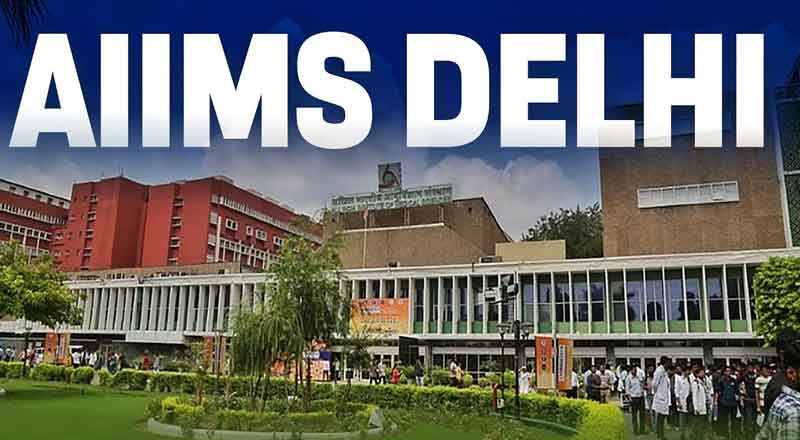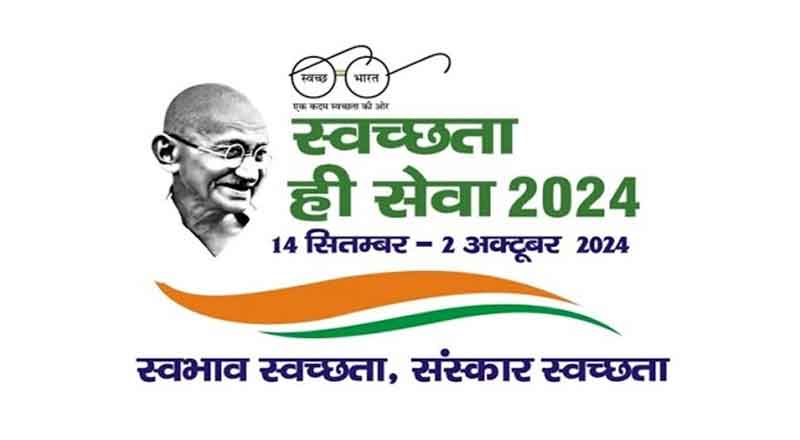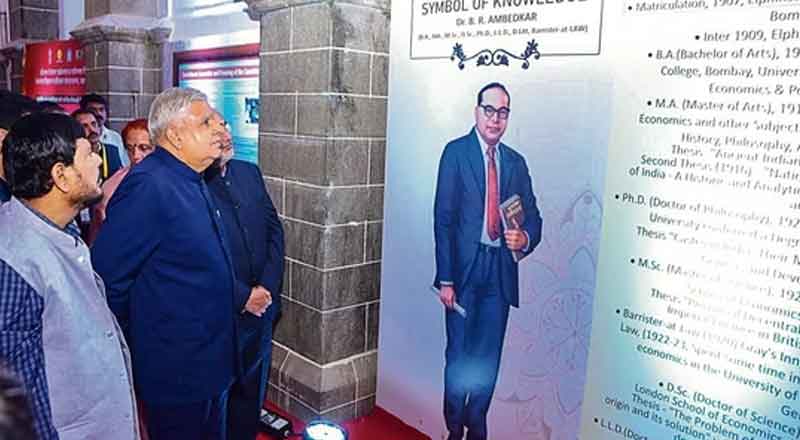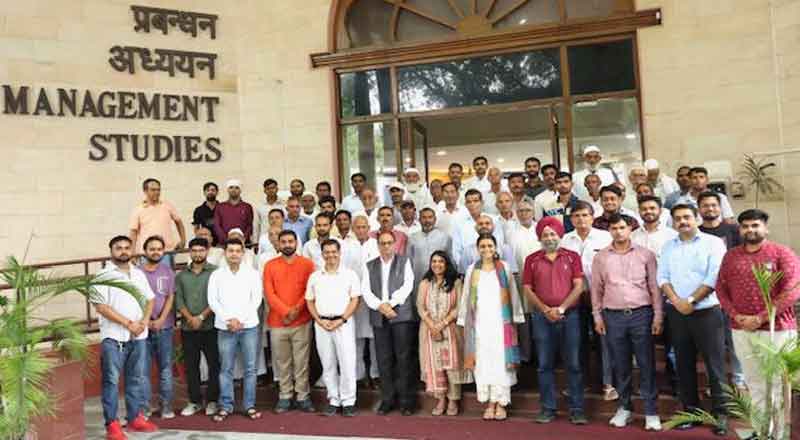The tragic discovery of a postgraduate trainee doctor’s body inside the seminar hall of a hospital’s chest department in Kolkata on August 9 has sparked nationwide outrage and protests. The trainee, who suffered severe injury marks, is believed to have been the victim of a brutal rape and murder. The Kolkata Police arrested a civic volunteer in connection with the case the following day, but the incident has ignited widespread calls for justice and protection for healthcare workers.
Protests and Strikes Across Major Hospitals
Resident Doctors Demand Justice
Resident doctors at major hospitals, including the prestigious All India Institute of Medical Sciences (AIIMS), have taken to the streets, launching a strike that has disrupted elective services for two consecutive weeks. The strike is a direct response to the alleged rape and murder of the young doctor in Kolkata, with the medical community demanding stronger protections for healthcare professionals across the country.
The Resident Doctors’ Association (RDA) of AIIMS has written a formal letter to Prime Minister Narendra Modi, urging him to intervene and enact a central law to safeguard healthcare workers and institutions. Their call for action underscores the growing concern among medical professionals about their safety and the need for immediate legal reforms to prevent such heinous acts in the future.
Impact on Healthcare Services
The strike has significantly impacted healthcare services, particularly at AIIMS, where outpatient department (OPD) services have been disrupted for two weeks. The AIIMS administration, acknowledging the gravity of the situation, issued a note on Wednesday urging the protesting doctors to return to work. The administration expressed solidarity with the cause but emphasized the need to prioritize patient care.
In the note, AIIMS stated, “The undersigned along with the entire AIIMS family stands behind the cause of safety of all healthcare professionals at AIIMS New Delhi & across the Country. However, as doctors, our supreme duty is also to ensure that the patients visiting our portals do not go unattended.” The administration appealed to the resident doctors to resume their duties, highlighting the government’s commitment to ensuring the safety of healthcare professionals.
Supreme Court Steps In
Suo Motu Cognisance of the Case
Amidst the ongoing protests and national outrage, the Supreme Court of India has taken suo motu cognisance of the alleged rape and murder of the trainee doctor in Kolkata. The court’s intervention is a significant development, reflecting the seriousness of the case and the broader implications for the safety of healthcare workers in India.
Criticism of Kolkata Government
In its observations, the Supreme Court criticized the Kolkata government for its “lackadaisical” approach to the investigation and handling of the case. The court’s sharp remarks underscore the need for swift and effective action to bring the perpetrators to justice and prevent similar incidents in the future.
The Supreme Court also urged the protesting doctors to return to work, emphasizing the importance of patient care and the need for the medical community to balance their duties with their right to protest. The court assured affirmative action to ensure the safety of healthcare professionals and urged the government to take necessary steps to protect those who serve on the frontlines of healthcare.
The Road Ahead: A Call for Reform
Enacting Central Legislation
The demands of the resident doctors and the intervention of the Supreme Court have brought to the forefront the urgent need for central legislation to protect healthcare workers. The RDA’s letter to the Prime Minister highlights the growing concerns among doctors about their safety, particularly in the face of rising violence and threats in healthcare settings.
Enacting a central law through an ordinance, as suggested by the RDA, could be a crucial step in ensuring that healthcare professionals are protected from violence and abuse. Such a law would not only provide legal safeguards but also send a strong message that the safety of those who care for the nation’s health is of paramount importance.
Ensuring Justice for the Victim
As the nation continues to demand justice for the trainee doctor, it is imperative that the investigation into her death is conducted with the utmost urgency and transparency. The arrest of the civic volunteer is only the first step in what must be a thorough and unbiased inquiry to uncover the full truth and hold all those responsible accountable.
The medical community, while mourning the loss of one of its own, is also united in its call for systemic change. The tragic incident in Kolkata serves as a stark reminder of the dangers that healthcare workers face and the urgent need for reforms to protect them.
Conclusion: A Moment of Reckoning
The alleged rape and murder of a trainee doctor in Kolkata have sent shockwaves across the country, leading to widespread protests and strikes by resident doctors. As the medical community rallies for justice and stronger protections, the government and judicial system face mounting pressure to respond effectively and decisively.
While the protests have disrupted healthcare services, they have also brought to light the critical issues facing healthcare professionals in India. The path forward must include meaningful legal reforms, swift justice for the victim, and a renewed commitment to safeguarding those who dedicate their lives to caring for others.





